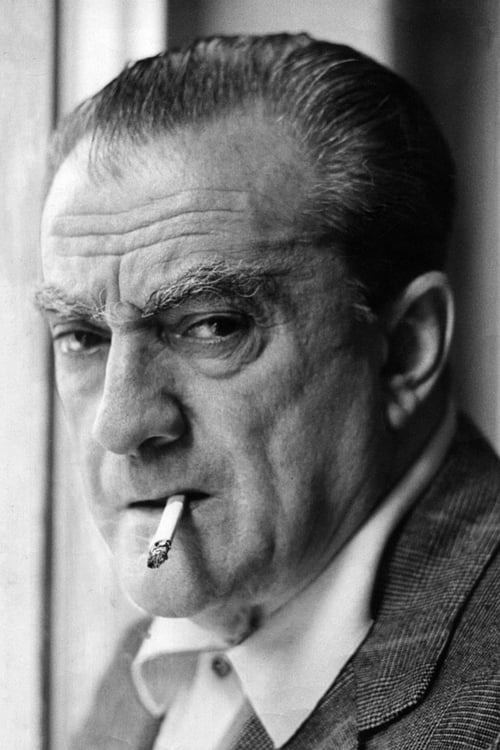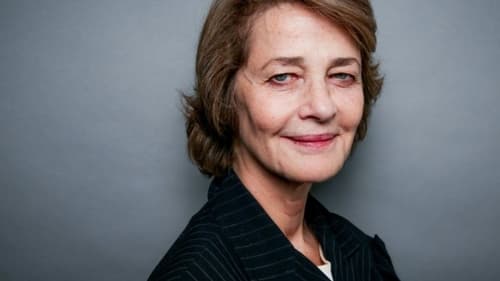
Self (archive footage)
Screen icon Charlotte Rampling has fascinated the world of cinema, fashion and photography with her mysterious and almost inaccessible beauty. A major figure in genre and auteur films, she is unclassifiable: between presence and absence, shyness and audacity, she's always hypnotic, magnetic and fascinating. From her film debut in the mid-1960s in England, to her unconventional career path, through the tragic loss suicide of her older sister that will irremediably mark her acting, this film is a dive into the existential quest of a complex actress, whose every facet is discovered through her roles. Through a conversation with the actress herself, along with personal archives and extracts from her films, this documentary raws a dazzling portrait of her life and career.
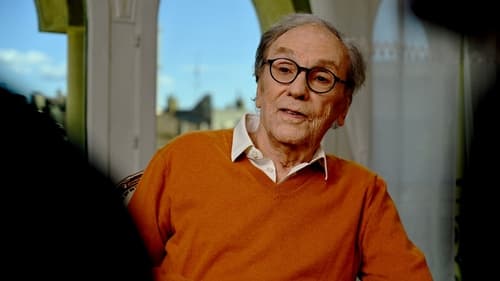
Self (archive footage)
A portrait of a man of rare elegance and enigmatic charm, versatile and successful: Jean-Louis Trintignant, one of the most critically acclaimed French actors of the last sixty years, known for his numerous roles on stage and screen.
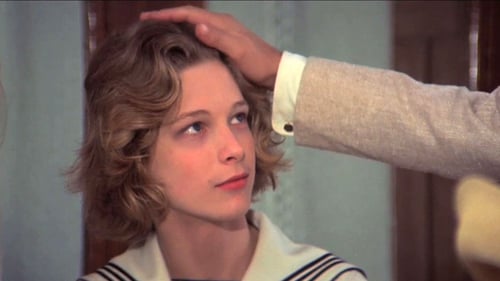
Self (archival footage)
In 1971, due to the world premiere of Death in Venice, Italian director Lucino Visconti proclaimed his Tadzio as the world’s most beautiful boy. A shadow that today, 50 years later, weighs Björn Andrésen’s life.
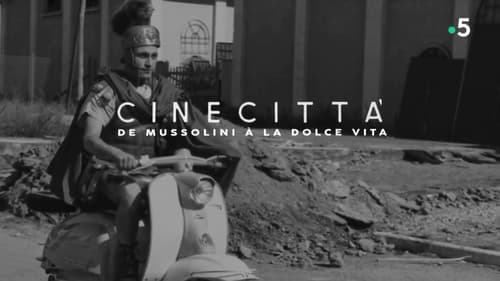
Self (archive footage)
Cinecitta is today known as the center of the Italian film industry. But there is a dark past. The film city was solemnly inaugurated in 1937 by Mussolini. Here, propaganda films would be produced to strengthen the dictator's position.
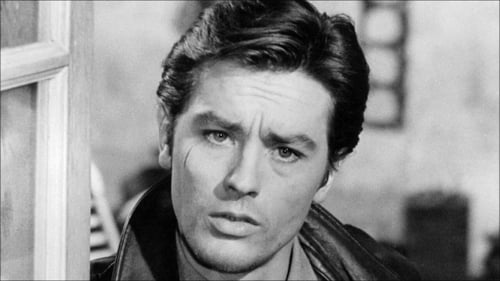
Self (archive footage)

Self (archive footage)
My mother googles the film hero of her youth: Helmut Berger. She is shocked: only an addicted shadow of the former icon seems to be left. She decides to halt the obvious catastrophic decline of the once “most handsome man in the world”. As a consequence, this one-time god of the screen is suddenly sitting on my mother’s sofa in Nordsehl in Lower Saxony. And he stays put - for several months. While he trustingly rolls out his whole life before us, the dividing lines between film team, world star and family intermingle. This is a film about ageing, rising and falling - and about the fact that it is sometimes possible to regain an element of dignity in life.

Himself (archive footage) (uncredited)
Major actress of the New Wave, Anna Karina is bound to the great renewal of cinema in the 1960s. Her companion in life, Dennis Berry revisits the story of her memories with Jean-Luc Godard and the great directors she knew, her memorable meeting with Serge Gainsbourg, and also, more recently, her career as a singer. With a gaze halfway between mischief and severity, the New Wave's Danish muse embodied a new feminity – deeply linked with women's liberation.

Original Film Writer
Gino is a drifter, down-at-heel and magnetically handsome. At a road side restaurant he encounters husband and wife, Joseph and Hanna. Irresistibly attracted to each other, Gino and Hanna begin a fiery affair and plot to murder her husband. But, in this chilling tale of passion and destruction, the crime only serves to tear them apart.
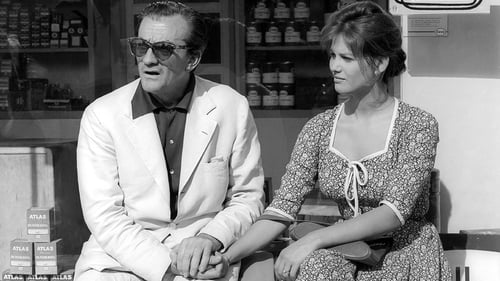
Self (archive footage)
Forty years after his death, this documentary pays tribute to one of the major filmmakers of Italian cinema, to an original work that continues to inspire today's cinema. Coming from one of the greatest families of the Italian aristocracy, he could have been a rich and cultured man, living in opulence and idleness, but Luchino wanted a different destiny. This is the story that director Elisabeth Kapnist and Christian Dumais-Lvowski wanted to tell. Count Visconti di Modrone wears the clothes of a legend that he never stopped shaping throughout his life. This documentary reconstructs the fabric of a brilliant life, dedicated to art; theater, opera, and cinema. This artistic work is also that of a committed man, who was a fellow traveler of the Communist Party, and who resisted fascism.

Self
A Dominique Maillet's documentary about Visconti in the set of "Conversation Piece".

Himself (archive footage)
By presenting archive footage along with his own life story, filmmaker Gabriele Salvatores mediates an illustration of the economic boom in Italy during the 1960s.

himself

Self (archive footage)
This revealing documentary from director Philippe Kohly examines the storied life of renowned soprano Maria Callas, from her troubled childhood in New York City to her scandal-laden but triumphant international career in opera. Featuring archival interviews with Callas herself and footage of contemporaries such as her lover Aristotle Onassis, this celebration of "La Divina" pays tribute to her enduring legacy some three decades after her death.

Self (archive footage)
After shooting to fame with Federico Fellini’s “La Dolce Vita” (1960), actor Marcello Mastroianni (1924-1996) starred in more than 160 films in his nearly half-a-century career. Directors Mario Canale and Annarosa Morri look into the melancholic charm of one of the most famous Italian actors through interviews with his two daughters, Barbara and Chiara; directors Fellini and Luchino Visconti; actresses Claudia Cardinale and Anouk Aimee; and in archival footage of Mastroianni himself. The subject matter ranges from Mastroianni’s passion for kidney-bean pasta and his addiction to the telephone to his famous laziness, humility and talent. Shown in black-and-white, Mastroianni — elegantly holding a cigarette in between his fingers — is undeniably the dandy.

Self (archive footage)
A chronological look at the creative life of Luchino Visconti (1906-1976). It examines his theatricality, role in the neorealist movement, use of melodrama, and relation to decadence. It touches on the impact of a fabulously wealthy childhood, his writing for "Cinema," his politics, his work with Renoir, his appreciation of Thomas Mann, and his deep knowledge of literature and the arts. Visconti moves constantly between film and the theater, staging plays provocatively, working with Maria Callas at La Scala, and shooting films in theaters. Clips from his films and interviews with actors, crew members, and critics provide details for this portrait of creativity.

Production Designer
A 1985 performance of Luchino Visconti's 1958 staging for the Royal Opera House, Covent Garden. Bernard Haitink memorably directs a superb cast that includes Ileana Cotrubas at the height of her powers and Luis Lima, unequalled in his tortured introspection, in the title role. (5-act version, sung in Italian)

Self (archive footage)
Traces the life of Anna Magnani, her creations, her successes, her triumphs, her boycotted career, her nonconformism, her anxieties, her generosity ... Punctuated with photos that tell her career in theater and cinema, Extracts of films, this documentary portrait also gives the floor to his friends and relatives, from Roberto Rossellini to Marcello Mastroianni, through Federico Fellini.

Self
Narrated by cinema legend Franco Zeffirelli, this intimate made-for-television documentary traces the life and times of the mercurial Maria Callas, one of the most renowned and respected operatic divas of the mid-20th century. Rare authentic footage, candid interviews and breathtaking performances help paint a portrait of an artist remembered as much for her quick and explosive temper as she is for her immeasurable talent.
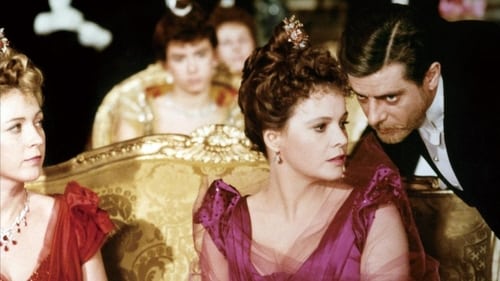
Director
Tullio Hermil is a chauvinist aristocrat who flaunts his mistress to his wife, but when he believes she has been unfaithful he becomes enamored of her again.

Screenplay
Tullio Hermil is a chauvinist aristocrat who flaunts his mistress to his wife, but when he believes she has been unfaithful he becomes enamored of her again.
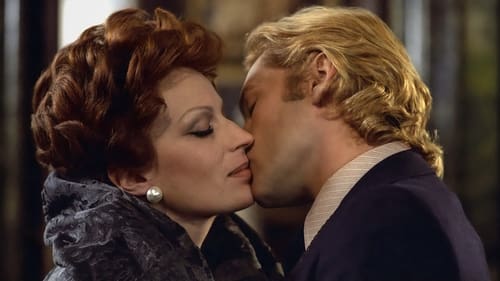
Screenplay
A retired professor of American origin lives a solitary life in a luxurious palazzo in Rome. He is confronted by a vulgar Italian marchesa and her lover, her daughter and her daughter's boyfriend, and forced to rent to them an apartment on the upper floor of his palazzo. From this point on his quiet routine is turned into chaos by his tenants' machinations, and everybody's life takes an unexpected but inevitable turn.

Director
A retired professor of American origin lives a solitary life in a luxurious palazzo in Rome. He is confronted by a vulgar Italian marchesa and her lover, her daughter and her daughter's boyfriend, and forced to rent to them an apartment on the upper floor of his palazzo. From this point on his quiet routine is turned into chaos by his tenants' machinations, and everybody's life takes an unexpected but inevitable turn.
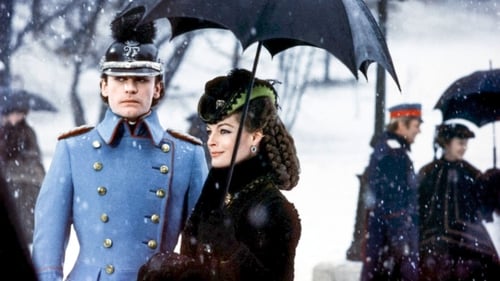
Story
Historical evocation of Ludwig, king of Bavaria, from his crowning in 1864 until his death in 1886, as a romantic hero. Fan of Richard Wagner, betrayed by him, in love with his cousin Elisabeth of Austria, abandoned by her, tormented by his homosexuality, he will little by little slip towards madness.

Director
Historical evocation of Ludwig, king of Bavaria, from his crowning in 1864 until his death in 1886, as a romantic hero. Fan of Richard Wagner, betrayed by him, in love with his cousin Elisabeth of Austria, abandoned by her, tormented by his homosexuality, he will little by little slip towards madness.

Screenplay
Historical evocation of Ludwig, king of Bavaria, from his crowning in 1864 until his death in 1886, as a romantic hero. Fan of Richard Wagner, betrayed by him, in love with his cousin Elisabeth of Austria, abandoned by her, tormented by his homosexuality, he will little by little slip towards madness.

Self (uncredited)
The film recounts the struggle of the factory workers of five Italian factories, Cagli, Coca Cola, Filodont, Luciani and Metalfer. A montage of interviews in which the workers denounce the hardships and difficulties of living without wages and put forward their proposals for getting out of the crisis and for change. The workers of the occupied factories decide to put up a tent in Piazza di Spagna to propagandise their struggle, but permission is denied by the Commissariat of Public Security. There are clashes with the police, who charge and use batons every time the workers try to set up the tent. Despite being injured and bruised, the workers do not give up until they get what they ask for: 'A tent in the square of Rome to remind the citizens - especially the wealthier classes - that there are workers in Rome without pay during the Christmas holidays'. In the end, the workers get what they ask for and the tent is finally raised amid applause and general satisfaction.
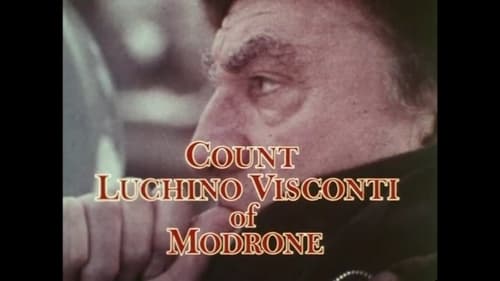
Self
Bailey interviews Italian film director Luchino Visconti.
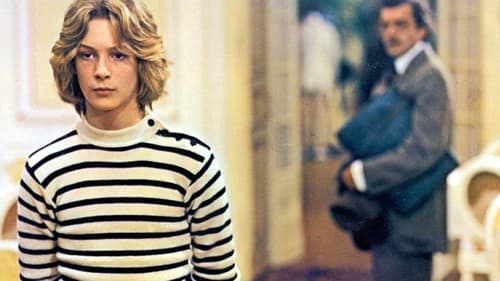
Producer
巨匠ルキノ・ビスコンティの「山猫」と並ぶ代表作で、ノーベル賞作家トーマス・マンの同名小説を原作に、作曲家グスタフの美少年への心酔と老いの苦しみを描いた。「地獄に堕ちた勇者ども」に続いて撮られた、ドイツ3部作の2作目にあたる。療養のためベネチアにやってきたドイツの老作曲家アシェンバッハは、ホテルで少年タジオを見かける。一目で少年の美しさの虜になり、彼の姿を見つけるだけで喜びを感じ始める。全編に流れるのは、アッシェンバッハのモデルになったマーラーの「交響曲第3、5番」。2011年には製作40周年を記念し、ニュープリント版でリバイバル上映された。

Screenplay
巨匠ルキノ・ビスコンティの「山猫」と並ぶ代表作で、ノーベル賞作家トーマス・マンの同名小説を原作に、作曲家グスタフの美少年への心酔と老いの苦しみを描いた。「地獄に堕ちた勇者ども」に続いて撮られた、ドイツ3部作の2作目にあたる。療養のためベネチアにやってきたドイツの老作曲家アシェンバッハは、ホテルで少年タジオを見かける。一目で少年の美しさの虜になり、彼の姿を見つけるだけで喜びを感じ始める。全編に流れるのは、アッシェンバッハのモデルになったマーラーの「交響曲第3、5番」。2011年には製作40周年を記念し、ニュープリント版でリバイバル上映された。

Director
巨匠ルキノ・ビスコンティの「山猫」と並ぶ代表作で、ノーベル賞作家トーマス・マンの同名小説を原作に、作曲家グスタフの美少年への心酔と老いの苦しみを描いた。「地獄に堕ちた勇者ども」に続いて撮られた、ドイツ3部作の2作目にあたる。療養のためベネチアにやってきたドイツの老作曲家アシェンバッハは、ホテルで少年タジオを見かける。一目で少年の美しさの虜になり、彼の姿を見つけるだけで喜びを感じ始める。全編に流れるのは、アッシェンバッハのモデルになったマーラーの「交響曲第3、5番」。2011年には製作40周年を記念し、ニュープリント版でリバイバル上映された。

A behind-the-scenes documentary produced during the original release of the film. The promotional piece features interviews with director Luchino Visconti and actor Dirk Bogarde as they discuss the filmmaking process involved in bringing Death in Venice to life.

Self (uncredited)
An account of Italian film director Luchino Visconti's travels in search for a young actor to portray the role of Tadzio in his 1971 adaptation of Thomas Mann's novella Death in Venice (1912).

Director
An account of Italian film director Luchino Visconti's travels in search for a young actor to portray the role of Tadzio in his 1971 adaptation of Thomas Mann's novella Death in Venice (1912).
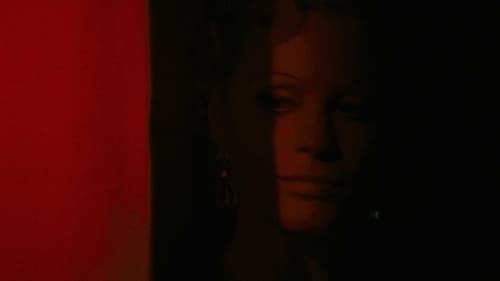
Story
In the early days of Nazi Germany, a powerful noble family must adjust to life under the new dictatorship regime.

Screenplay
In the early days of Nazi Germany, a powerful noble family must adjust to life under the new dictatorship regime.

Director
In the early days of Nazi Germany, a powerful noble family must adjust to life under the new dictatorship regime.
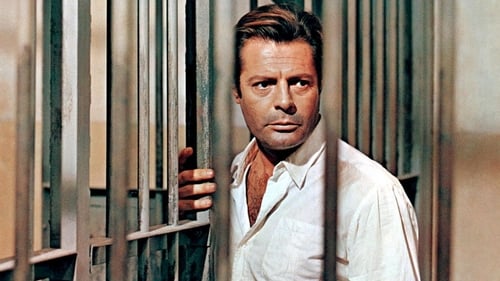
Screenplay
Meursault is a man who feels utterly isolated from everyone and everything around him. This alienation results in sudden, inexplicable bursts of violence, culminating in murder.

Director
Meursault is a man who feels utterly isolated from everyone and everything around him. This alienation results in sudden, inexplicable bursts of violence, culminating in murder.
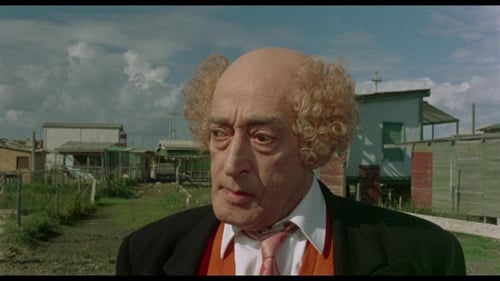
Director
Five short stories loosely dealing with the roles of women in society. A superstar actress travels to a mountain resort, only to evoke jealousy from women and lust from men. A woman offers to take an injured man to the hospital. A widowed father and his son seek for a new wife/mother. A man seeks revenge for a woman's honor. A bored housewife tries to explain to her husband that he's not as romantic as he used to be.

Self
In this documentary, giants of italian cinema such as Rossellini, De Sica, Fellini and Zavattini talk about the importance of cinema after WW2, and about huge moments of social rebellion. This movie gives the floor to the creators of italian neorealism.

Interviewee
BBC television program exploring Visconti’s mastery of cinema, theater, and opera direction.
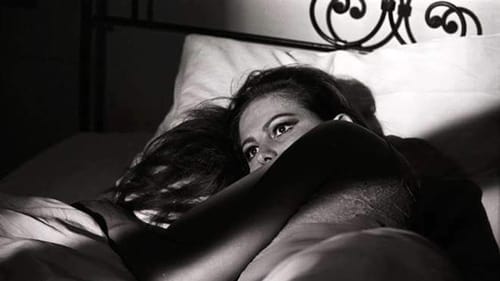
Screenplay
Sandra returns to her childhood village to take care of family business, but childhood memories and secrets soon overcome her.

Story
Sandra returns to her childhood village to take care of family business, but childhood memories and secrets soon overcome her.

Director
Sandra returns to her childhood village to take care of family business, but childhood memories and secrets soon overcome her.
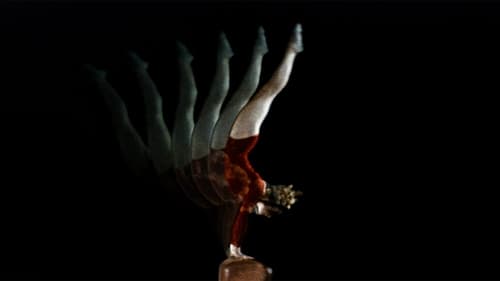
Thanks
1964年10月10日。聖火ランナーが満場の国立競技場に到着すると、第18回夏季オリンピックが開会する。短距離走、走高跳、砲丸投、棒高跳、走幅跳、体操、水泳、ウエイトリフティング、レスリング、柔道、射撃、自転車競技、“東洋の魔女”と呼ばれる全日本チームが活躍した女子バレーボールなど、白熱した名勝負の数々に、世界中から集まった観客が歓声を上げる。

Director
As Garibaldi's troops begin the unification of Italy in the 1860s, an aristocratic Sicilian family grudgingly adapts to the sweeping social changes undermining their way of life. Proud but pragmatic Prince Don Fabrizio Salina allows his war hero nephew, Tancredi, to marry Angelica, the beautiful daughter of gauche, bourgeois Don Calogero, in order to maintain the family's accustomed level of comfort and political clout.

Screenplay
As Garibaldi's troops begin the unification of Italy in the 1860s, an aristocratic Sicilian family grudgingly adapts to the sweeping social changes undermining their way of life. Proud but pragmatic Prince Don Fabrizio Salina allows his war hero nephew, Tancredi, to marry Angelica, the beautiful daughter of gauche, bourgeois Don Calogero, in order to maintain the family's accustomed level of comfort and political clout.
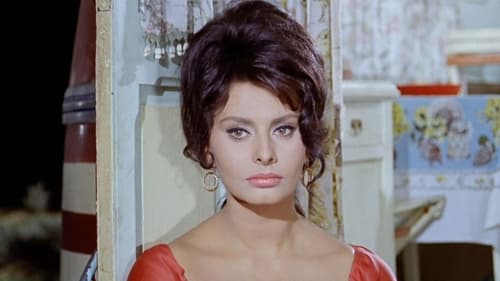
Screenplay
An anthology of four adult tales: a young couple tries to hide their marriage and the wife’s supposed pregnancy from their place of employment; a billboard photo of a scantily clad woman comes to life to torment the local censor; an aristocratic couple comes to terms with life and marriage after the domineering husband is caught visiting sex workers by the press; a lottery is held in which the prize is to spend the night with a beautiful woman.

Director
An anthology of four adult tales: a young couple tries to hide their marriage and the wife’s supposed pregnancy from their place of employment; a billboard photo of a scantily clad woman comes to life to torment the local censor; an aristocratic couple comes to terms with life and marriage after the domineering husband is caught visiting sex workers by the press; a lottery is held in which the prize is to spend the night with a beautiful woman.

Dialogue
When a impoverished widow’s family moves to the big city, two of her five sons become romantic rivals with deadly results.

Story
When a impoverished widow’s family moves to the big city, two of her five sons become romantic rivals with deadly results.

Screenplay
When a impoverished widow’s family moves to the big city, two of her five sons become romantic rivals with deadly results.

Director
When a impoverished widow’s family moves to the big city, two of her five sons become romantic rivals with deadly results.
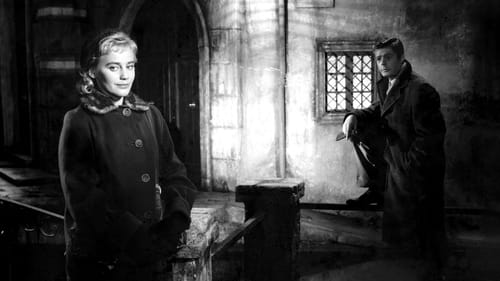
Story
A lonely city transplant and a sheltered girl, haunted by a lover’s promise, meet by chance on a canal bridge and begin a tentative romance that quickly entangles them in a web of longing and self-delusion.

Screenplay
A lonely city transplant and a sheltered girl, haunted by a lover’s promise, meet by chance on a canal bridge and begin a tentative romance that quickly entangles them in a web of longing and self-delusion.

Director
A lonely city transplant and a sheltered girl, haunted by a lover’s promise, meet by chance on a canal bridge and begin a tentative romance that quickly entangles them in a web of longing and self-delusion.
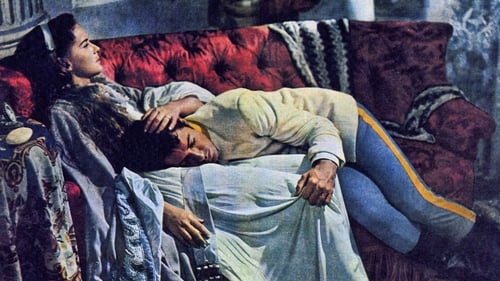
Screenplay
A troubled and neurotic Italian Countess betrays her entire country for a self-destructive love affair with an Austrian Lieutenant.

Director
A troubled and neurotic Italian Countess betrays her entire country for a self-destructive love affair with an Austrian Lieutenant.

Story
A troubled and neurotic Italian Countess betrays her entire country for a self-destructive love affair with an Austrian Lieutenant.
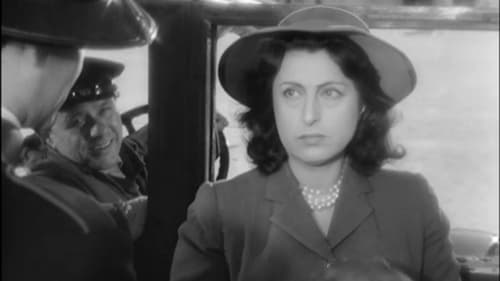
Director
Five portraits of actresses in their "common" life, seen as women rather than movie stars.
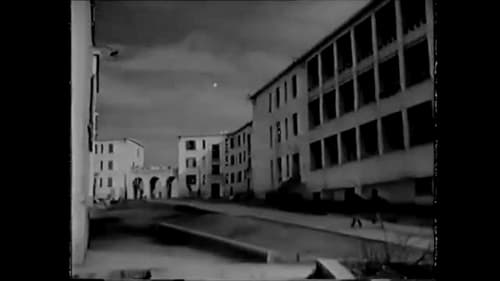
Director
On the evening of March 11, 1950, Annabella Bracci, a 12-year-old girl, was brutally killed and thrown into a pit on the outskirts of Rome, near the village of Primavalle. A brief and poetic account of the events and their impact on an impoverished community. A handful of wild flowers and a painful catch in the voices.
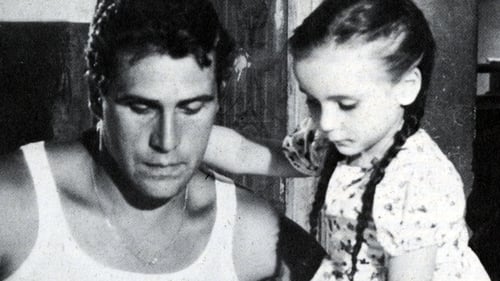
Screenplay
Bellissima is a satire of the film industry, and centers on a mother and daughter after the latter attends an audition.

Director
Bellissima is a satire of the film industry, and centers on a mother and daughter after the latter attends an audition.
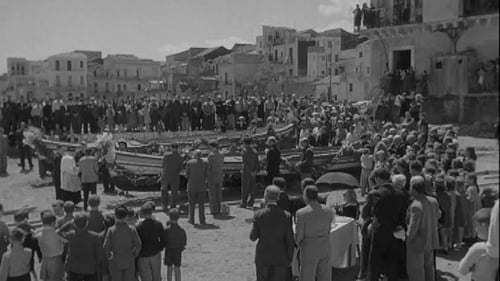
Story
In rural Sicily, the fishermen live at the mercy of the greedy wholesalers. One family risks everything to buy their own boat and operate independently.

Music Coordinator
In rural Sicily, the fishermen live at the mercy of the greedy wholesalers. One family risks everything to buy their own boat and operate independently.

Screenplay
In rural Sicily, the fishermen live at the mercy of the greedy wholesalers. One family risks everything to buy their own boat and operate independently.

Director
In rural Sicily, the fishermen live at the mercy of the greedy wholesalers. One family risks everything to buy their own boat and operate independently.

Assistant Director
1860年、夏のフランス。パリで金物商を営むデュフール(アンドレ・ガブリエロ)は、妻ジュリエット(ジャヌ・マルカン)、義母(ガブリエル・フォンタン)、まな娘アンリエット(シルヴィア・バタイユ)、そして彼女の婚約者で婿養子となる予定のアナトール(ポール・タン)とピクニックに出掛ける。馬車を走らせて田舎にやって来た彼らは、太陽の光や草木の匂いを楽しみながら穏やかな一日を過ごそうとする。そんな中アンリエットは、舟こぎの青年アンリ(ジョルジュ・サン=サーンス)から舟で川に出ないかと誘われる。
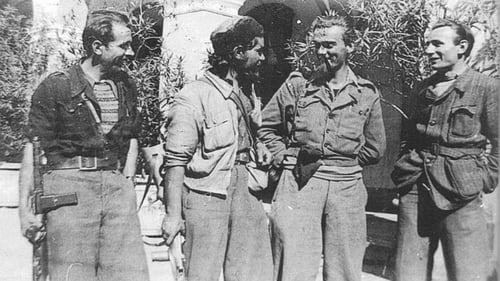
Assistant Director
An Italian WWII documentary by a group of neorealists.

Director
An Italian WWII documentary by a group of neorealists.
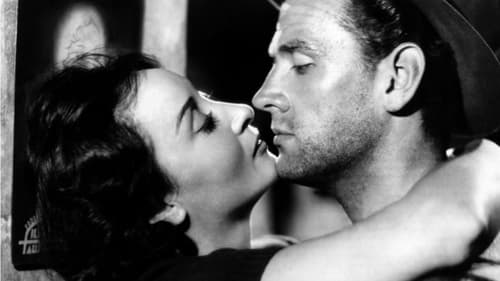
Dialogue
イタリア、ポー河沿いのレストランを夫と営むジョヴァンナ(クララ・カラマイ)は、ある日店に現れた男ジーノ(マッシモ・ジロッティ)に魅せられる。まもなく関係を結んでしまったふたりは、やがて夫を殺すべく計画を実行に移すが…。

Screenplay
イタリア、ポー河沿いのレストランを夫と営むジョヴァンナ(クララ・カラマイ)は、ある日店に現れた男ジーノ(マッシモ・ジロッティ)に魅せられる。まもなく関係を結んでしまったふたりは、やがて夫を殺すべく計画を実行に移すが…。

Director
イタリア、ポー河沿いのレストランを夫と営むジョヴァンナ(クララ・カラマイ)は、ある日店に現れた男ジーノ(マッシモ・ジロッティ)に魅せられる。まもなく関係を結んでしまったふたりは、やがて夫を殺すべく計画を実行に移すが…。

Assistant Director
Non-musical account of Puccini's opera: Tosca and Cavaradossi are in love, but the tyrant Scarpia desires Tosca and oppresses Cavaradossi who is fighting for freedom.

